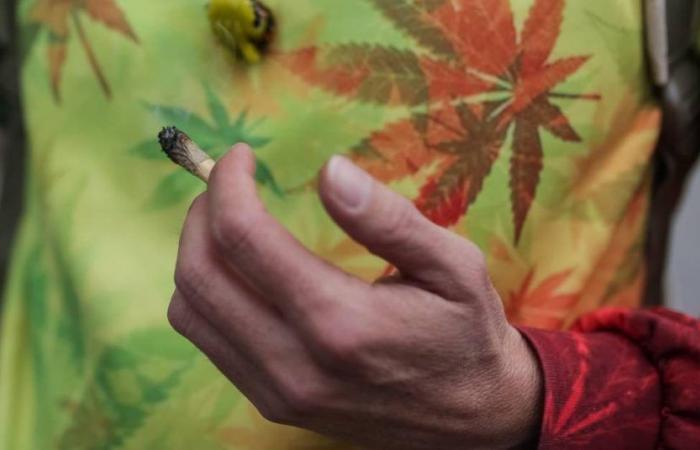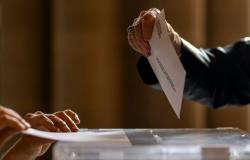10:15 AM
The judges of Brazil’s highest court voted in favor of decriminalizing the carrying of dope for personal use, in a trial that began in 2015 and that keeps the polarized Brazilian society divided.
“A majority is formed” to decide “that carrying for personal consumption (of dope) constitutes an illicit action without a criminal nature,” summarized the president of the Supreme Federal Court (STF), Luis Roberto Barroso.
Read more: Joe Biden, should he resign from his candidacy and who could replace him?
The majority was reached after the announcement of the favorable vote of Judge José Antonio Dias Toffoli. In the end, eight of a total of 11 STF judges voted in favor and three against decriminalization.
Barroso specified, however, that it remains “the prohibition of consumption in public places.”
Current legislation, which dates back to 2006, punishes anyone who “acquires, keeps, transports or carries drugs for personal use without authorization,” including dope.
While penalties are light for consumers – performing community service or participating in an educational program – The law leaves it to the discretion of the judges to determine whether the bearer is a user or a trafficker. The latter must face harsh prison sentences.
The judges also debated in this process what amount of dope must be set to differentiate the user from the dealer.
Although the majority of judges voted in favour of defining a limit for users, there were differences over the quantities, with proposals of 25 grams and 60 grams. This decision, Barroso said, will be announced on Wednesday.
You may be interested in: Why is LGBTQ+ Pride Day celebrated on June 28? The history of the Stonewall riots
Last year, when explaining his vote in favor, Judge Alexandre de Moraes had harshly condemned the existing anti-drug law, which enables the punishment of “young people, especially uneducated blacks, who are treated like drug dealers for possessing small amounts.”
Once this process is concluded, all judicial instances must follow the solution adopted by the STF when judging cases on the possession of dope.
The trial responds to an appeal filed by the defense of a prisoner convicted of hiding three grams of dope.
The issue is very controversial in Brazil, where Conservative organizations strongly oppose decriminalizing drugs and an initiative contrary to the Supreme Court’s decision is advancing in parallel in Congress.
In April, the Senate, with a conservative majority, approved a bill that introduces into the Constitution the crime of possession and carrying of drugs regardless of the quantity.
Since then, The amendment awaited debate in the Chamber of Deputies.
Read: 7.0 magnitude earthquake shook Peru on Friday; Colombia ruled out tsunami warning
After the court vote, the president of the House, Arthur Lira, created a “special commission” to discuss the project.
The president of the Senate, Rodrigo Pacheco, for his part criticized the actions of the STF, referring to an “invasion of powers.”
“Decriminalisation can only be achieved through the legislative process and not by a judicial decision,” he told reporters.
Thousands of people marched this month in Sao Paulo against this project and in favor of the decriminalization of cannabis.






